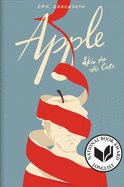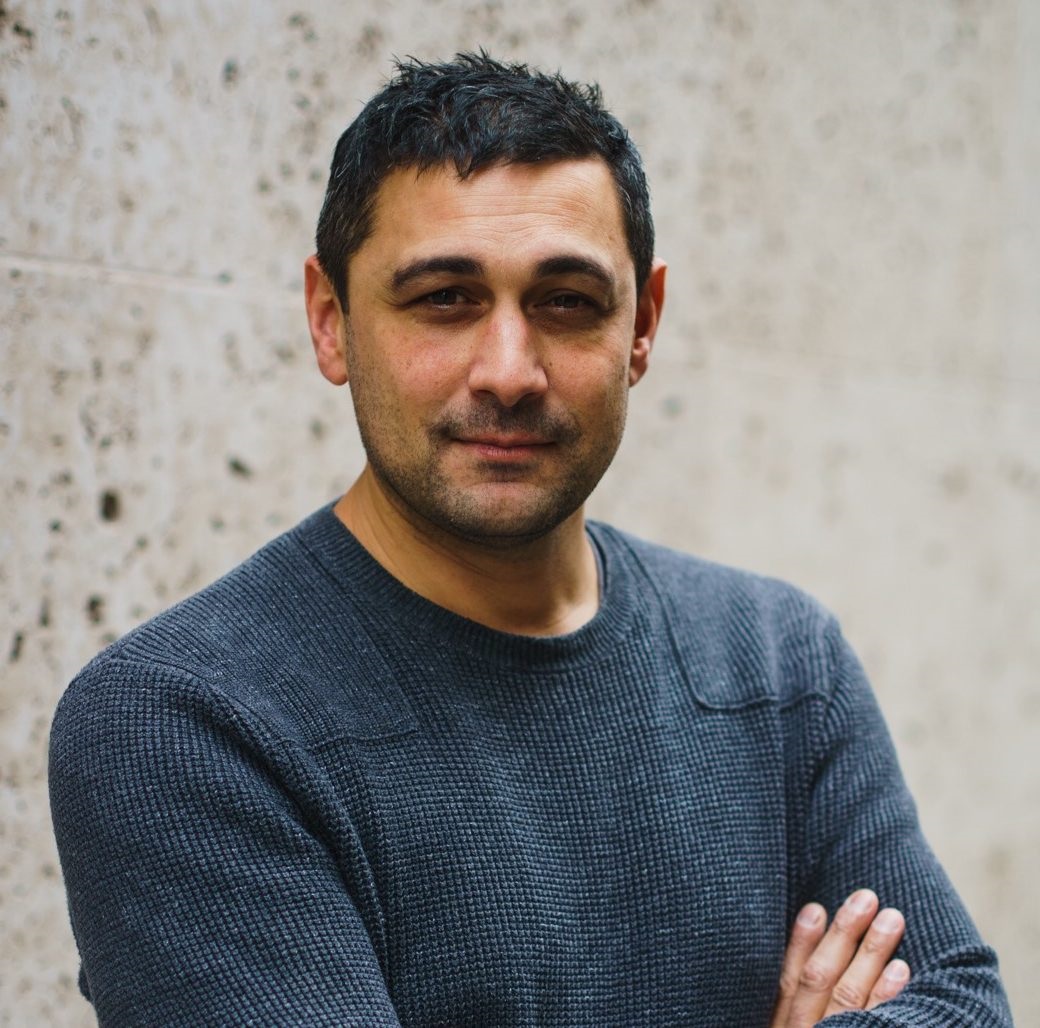 |
| photo: Stefan Jakubowski |
Adam Rutherford is a British geneticist and author. His A Brief History of Everyone Who Ever Lived, a National Book Critics Circle finalist, retells the story of humankind with DNA as the guide. His latest, How to Argue with a Racist (The Experiment, August 4, 2020), is a manifesto for using science as a weapon against bigotry.
On your nightstand now:
Pandora's Jar by Natalie Haynes, the British muse who retells classical tales with unmatched wit and elegance. Also Stuart Ritchie's Science Fictions, about fraud, deceit, bias and hype in research, which is both terrifying and thrilling. And Jeremiah in the Dark Woods by Janet and Allan Ahlberg, which I'm reading to my six-year-old daughter, in which our hero is after the three bears, some card-playing gorillas, a dinosaur and Goldilocks in pursuit of his badass Grandma's stolen tarts.
Favorite book when you were a child:
See previous answer. But also, I adored nonfiction books about the supernatural, haunted houses and vampires. In many ways, they were more of an inspiration to become a scientist than books about science. Stories of the unexplained that made me want to investigate them. That's all that science is.
Your top five authors:
Paul Auster, Graham Greene, Daniel Clowes, whoever wrote the Icelandic Sagas and Charles Darwin, of whom I am incapable of tiring, even his definitive book on earthworms and vegetable mould.
Book you've faked reading:
The Formation of Vegetable Mould Through the Action of Worms by Charles Darwin.
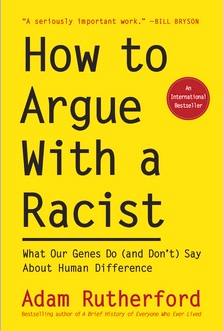 Book you're an evangelist for:
Book you're an evangelist for:
The book I have given to more people than any other is Did I Ever Tell You How Lucky You Are? by Dr. Seuss. You think you've got it bad? Try poor Harry Haddow, who "try as he will, can't make a shadow."
Book you've bought for the cover:
The Strange Library by Haruki Murakami. I'd read any Murakami anyway, but this one has an actual stamped library card and pocket on the front.
Book you hid from your parents:
The Story of O by Pauline Réage. I was waaaaay too young.
Book that changed your life:
Slaughterhouse-Five by Kurt Vonnegut. I just didn't know you could play with ideas and words like that, and be hilarious and deeply moving at the same time. God, I wish he were still alive. What would he make of this mess we're in. So it goes.
Favorite line from a book:
"The world is a fine place, and worth the fighting for." For Whom the Bell Tolls, Ernest Hemingway.
Five books you'll never part with:
The Death Ray by Daniel Clowes; Paradise Lost by Milton; Beloved by Toni Morrison; Leviathan by Paul Auster. But most of all, Charles Darwin's On the Origin of Species. No single work has more profoundly altered our understanding of life, it contains the best idea anyone ever had, and that is the hill I'm willing to die on.
Book you most want to read again for the first time:
Perfume by Patrick Süskind. But a "scratch and sniff" edition.
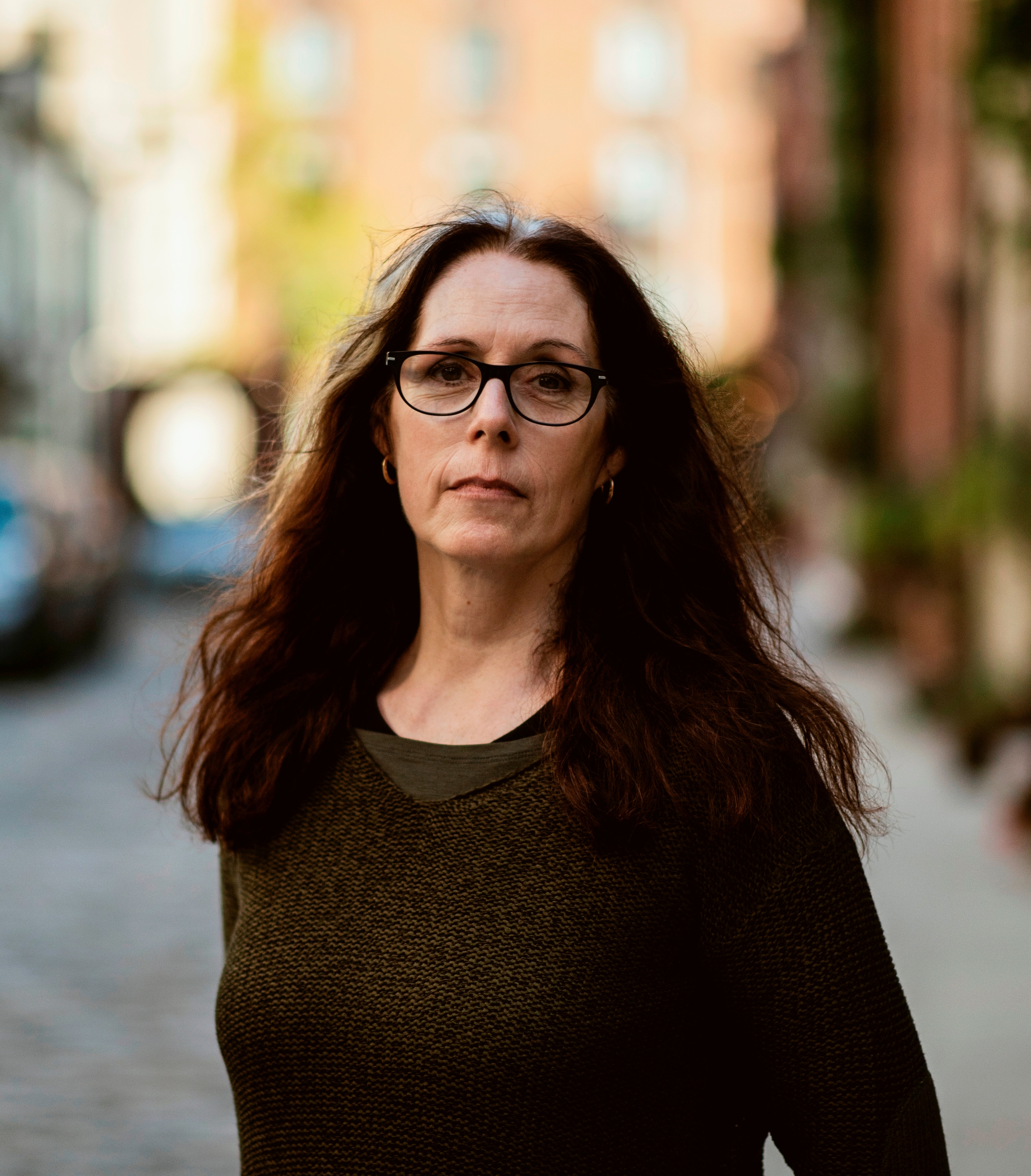










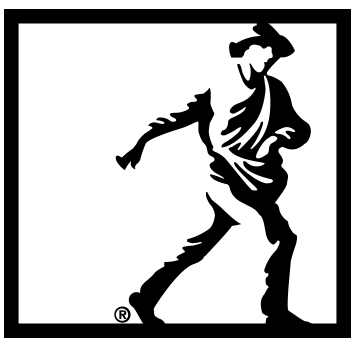

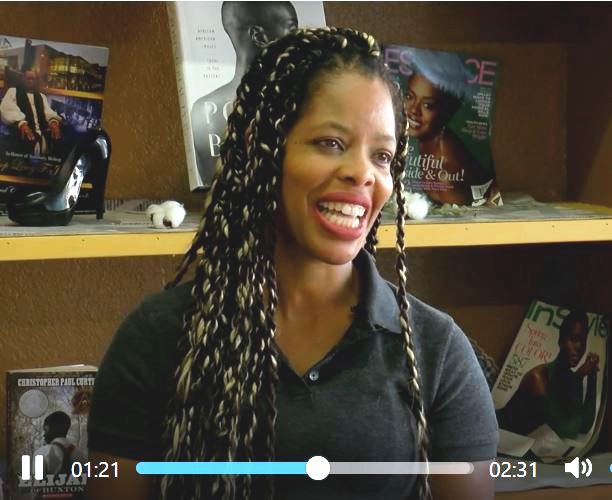

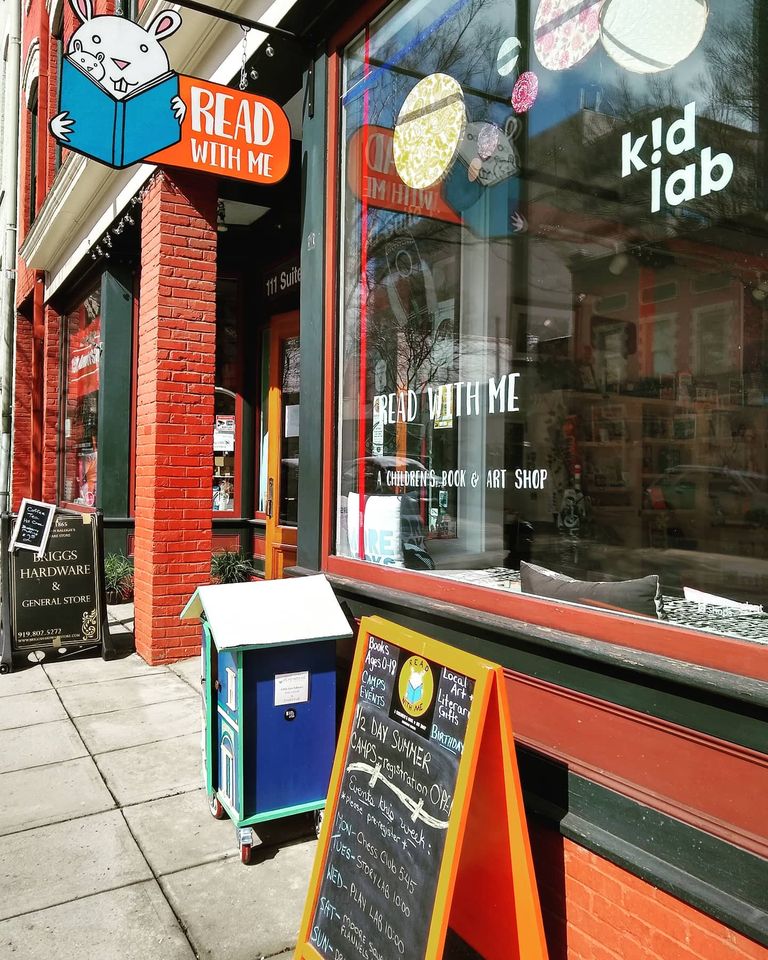
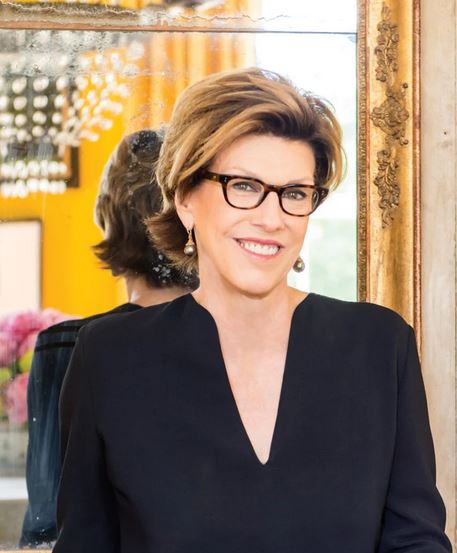
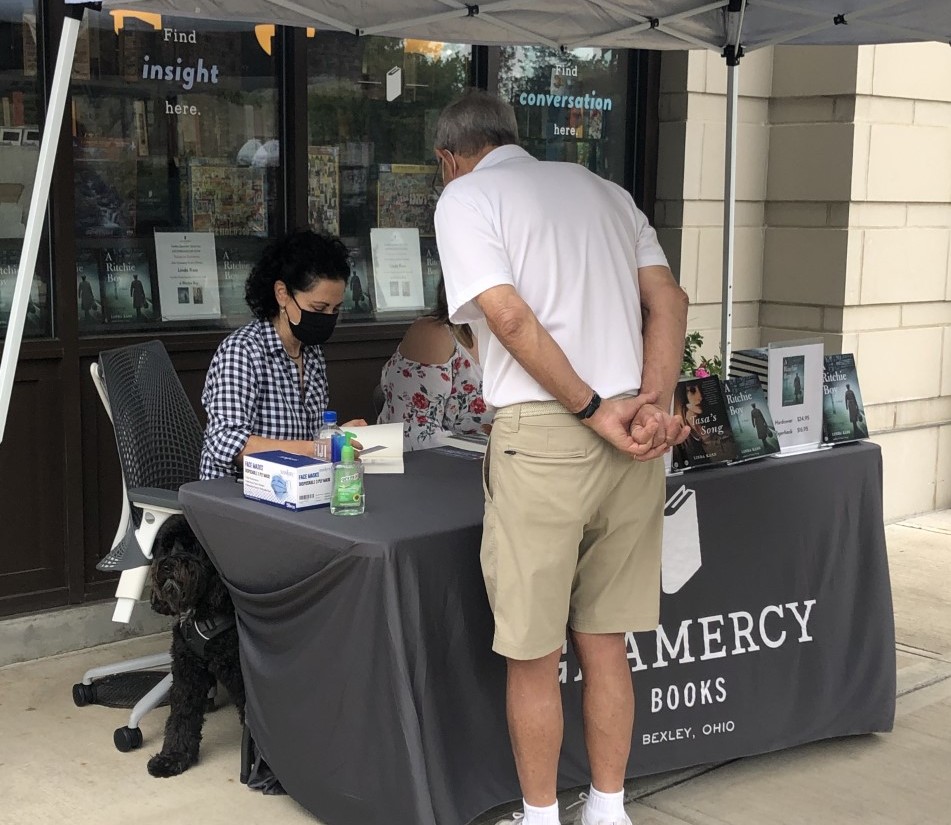 Linda Kass, owner of
Linda Kass, owner of 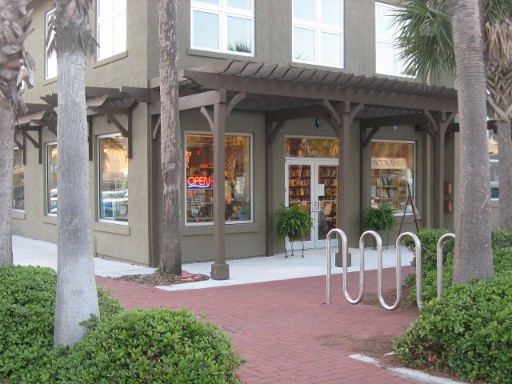 Congratulations to
Congratulations to 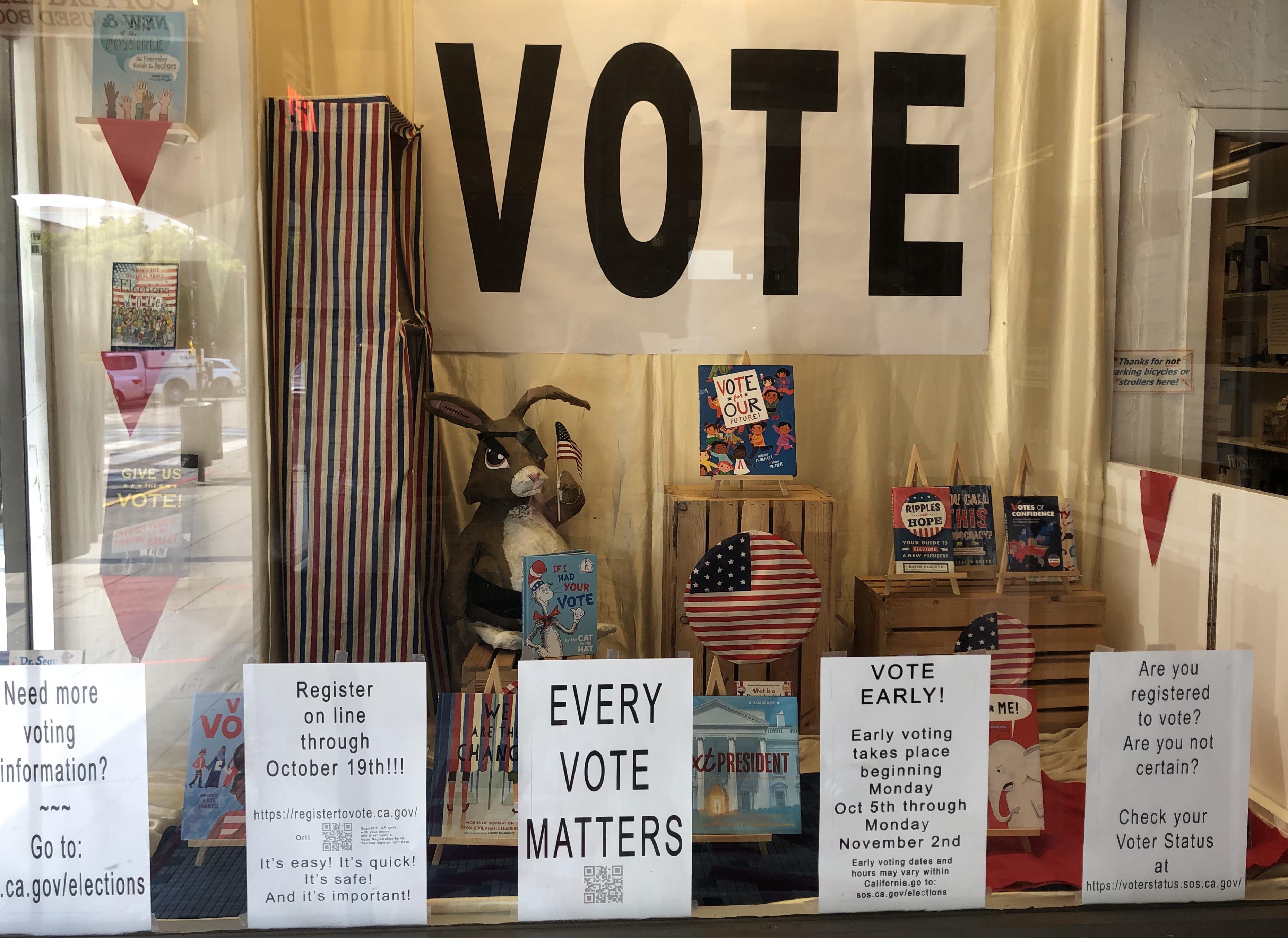 Copperfield's Books
Copperfield's Books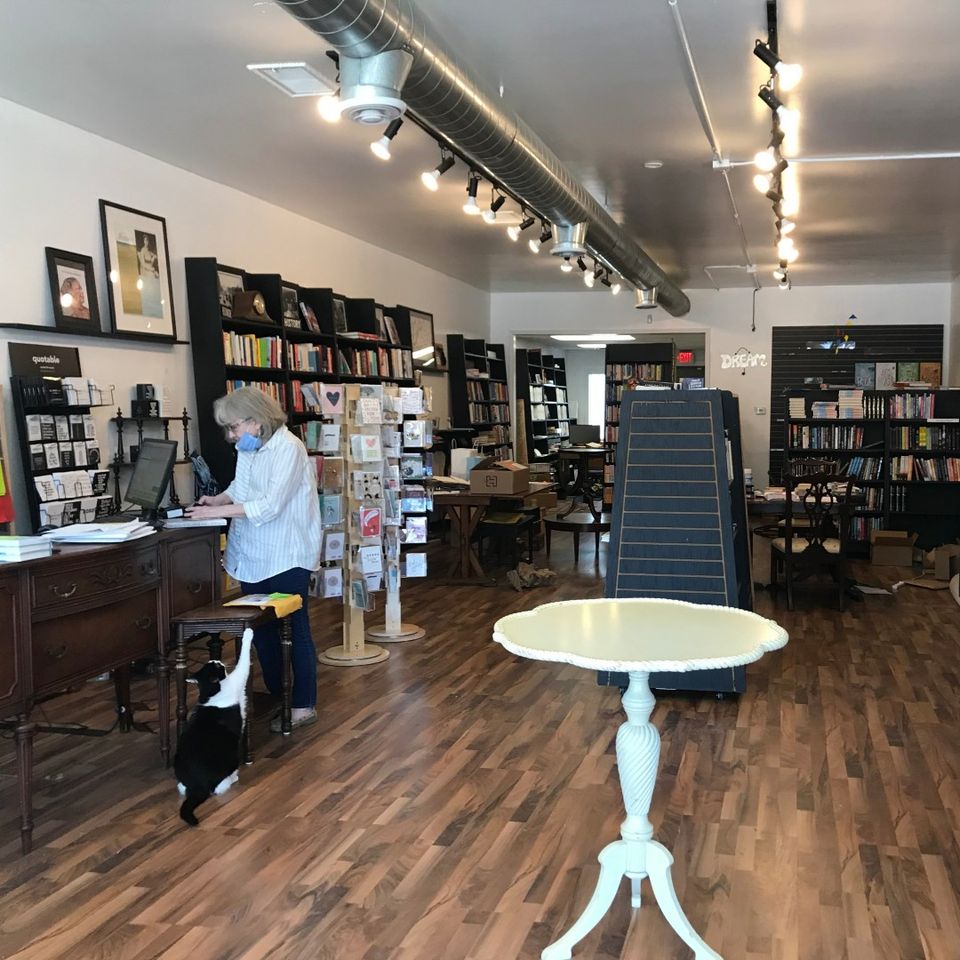
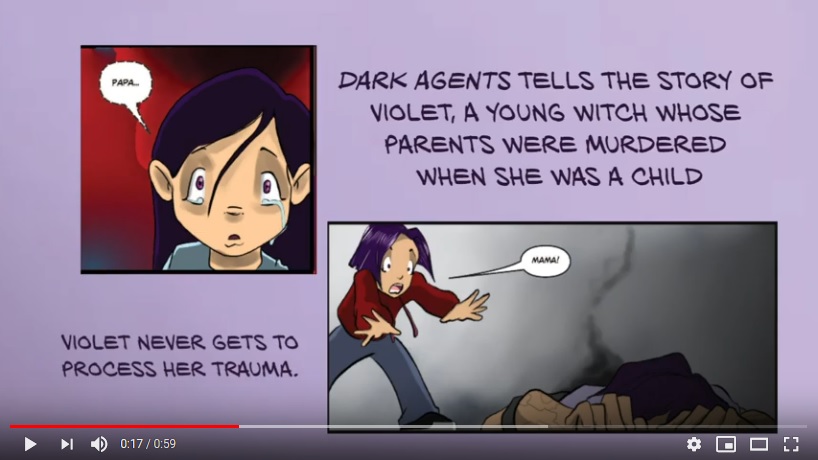 Dark Agents, Book One: Violet and the Trial of Trauma
Dark Agents, Book One: Violet and the Trial of Trauma
 Book you're an evangelist for:
Book you're an evangelist for: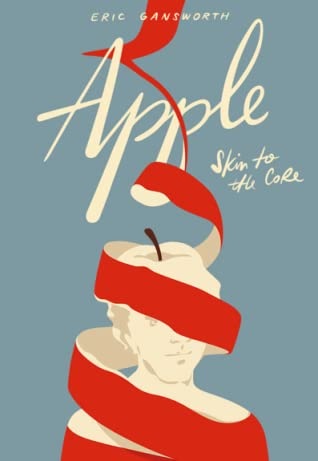 "Apple" is a slur commonly used to denote an Indigenous person who is "red on the outside, white on the inside." Like the term "Uncle Tom" in Black populations, this insult suggests the person is "forever locked away from both worlds, separated by the thinnest membrane." In fact, Eric Gansworth tells readers in this compelling memoir, before "apple" came into use, people would often use "Uncle Tomahawk." But words are only as powerful as people allow them to be. Writing in a striking combination of verse and prose, Eric Gansworth (If I Ever Get Out of Here;
"Apple" is a slur commonly used to denote an Indigenous person who is "red on the outside, white on the inside." Like the term "Uncle Tom" in Black populations, this insult suggests the person is "forever locked away from both worlds, separated by the thinnest membrane." In fact, Eric Gansworth tells readers in this compelling memoir, before "apple" came into use, people would often use "Uncle Tomahawk." But words are only as powerful as people allow them to be. Writing in a striking combination of verse and prose, Eric Gansworth (If I Ever Get Out of Here; 